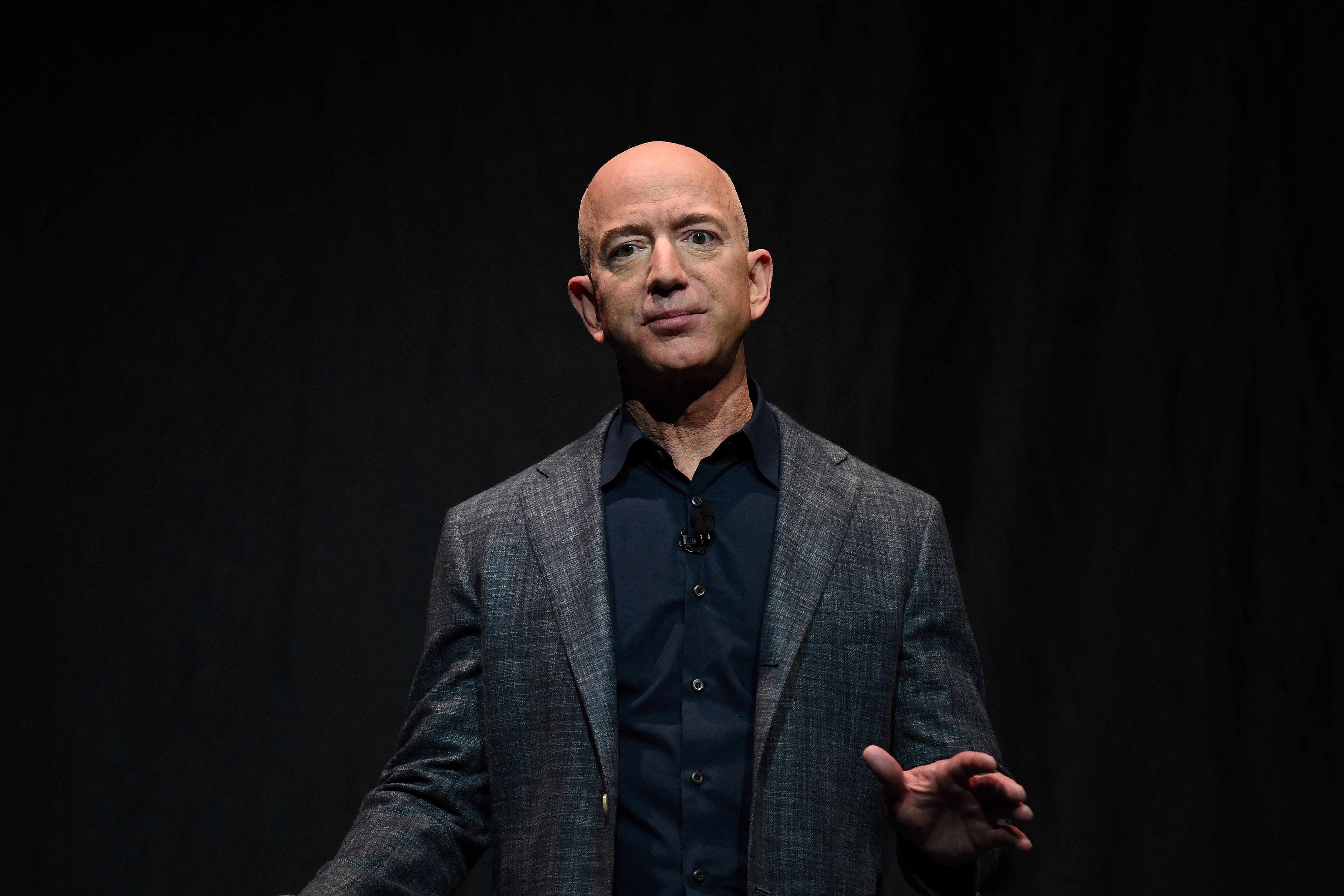News
November 10, 2020
10 billion: Amazon could face a fine of nearly $10billion if an EU court finds it guilty of having breached the bloc's antitrust rules. Brussels charged the US tech giant with unfair competition practices, alleging that it uses its size, power, and data of third-party sellers to undermine small businesses.
38: The Falkland Islands are now finally clear of antipersonnel mines 38 years after the UK fought a bloody war with Argentina over the sovereignty of the overseas British territory in the South Atlantic. The last remaining mine was removed by a Zimbabwean team supervised by UK soldiers, as part of London's obligations under the UN treaty against such explosive devices.
40 million: Pandemic lockdowns created 40million new internet users across Southeast Asia so far this year, according to a new report by Google which looked at web users in Malaysia, the Philippines, Singapore, Thailand, Vietnam, and Indonesia. A whopping eight out of 10 people across these countries said that access to technology helped them get through the difficult lockdown period.
100,000: Iraq's decision to rapidly close several camps for displaced people could leave more than 100,000 of them homeless in the middle of a pandemic, the Norwegian Refugee Council warns. The Iraqi government expects the displaced people to return to their areas of origin, but most have nowhere to go because their towns were ravaged by the conflict with the Islamic State.
More For You
- YouTube
In this Quick Take, Ian Bremmer addresses the killing of Alex Pretti at a protest in Minneapolis, calling it “a tipping point” in America’s increasingly volatile politics.
Most Popular
- YouTube
Who decides the boundaries for artificial intelligence, and how do governments ensure public trust? Speaking at the 2026 World Economic Forum in Davos, Arancha González Laya, Dean of the Paris School of International Affairs and former Foreign Minister of Spain, emphasized the importance of clear regulations to maintain trust in technology.
- YouTube
Will AI change the balance of power in the world? At the 2026 World Economic Forum in Davos, Ian Bremmer addresses how artificial intelligence could redefine global politics, human behavior, and societal stability.
Ian Bremmer sits down with Finland’s President Alexander Stubb and the IMF’s Kristalina Georgieva on the sidelines of the World Economic Forum to discuss President Trump’s Greenland threats, the state of the global economy, and the future of the transatlantic relationship.
© 2025 GZERO Media. All Rights Reserved | A Eurasia Group media company.
